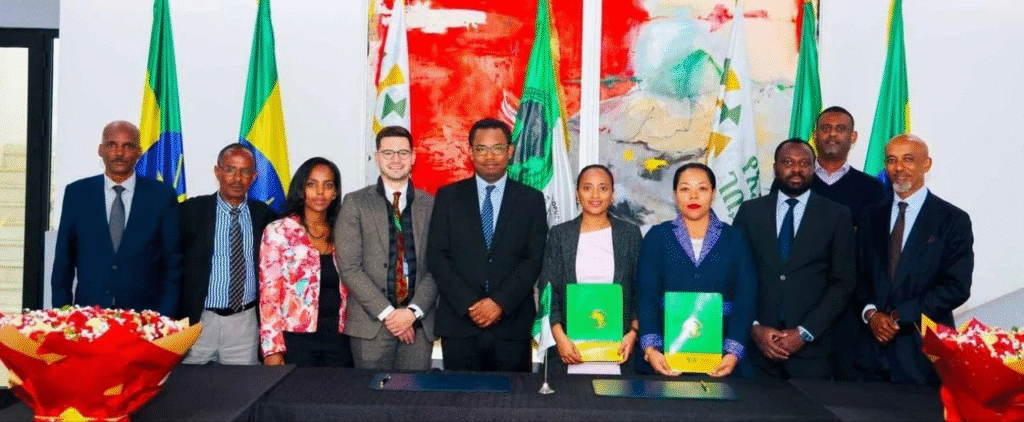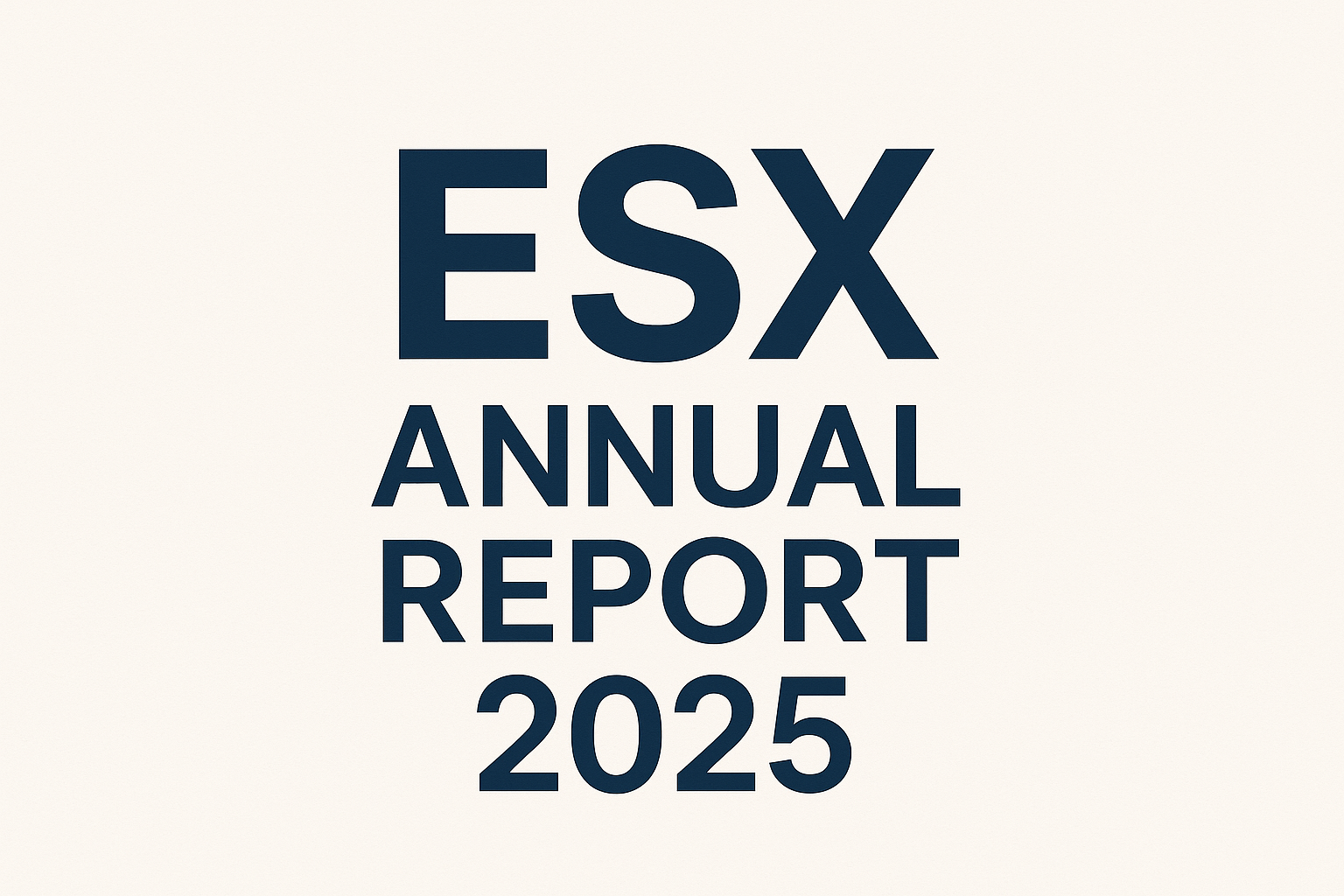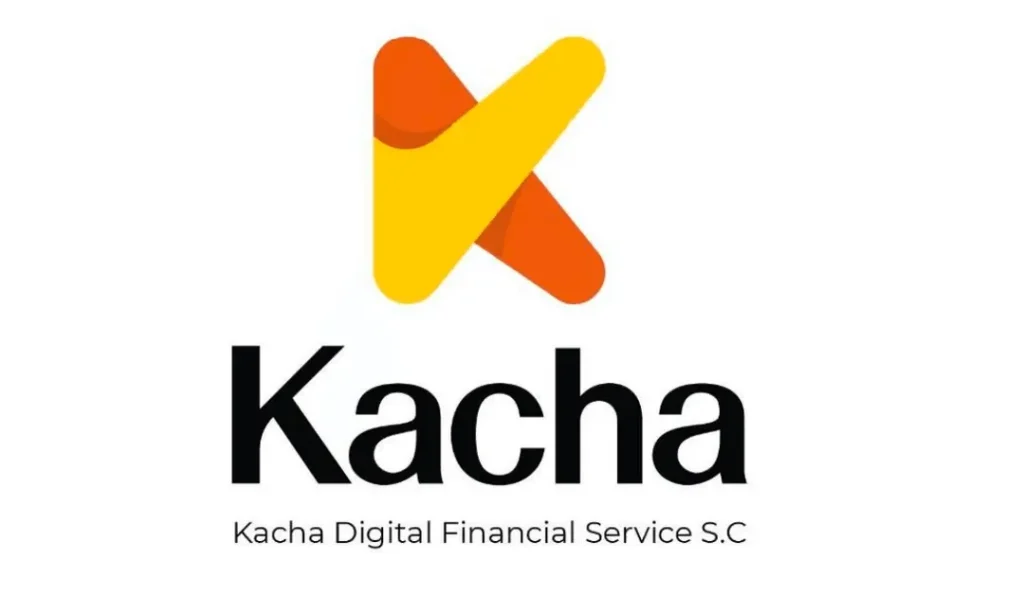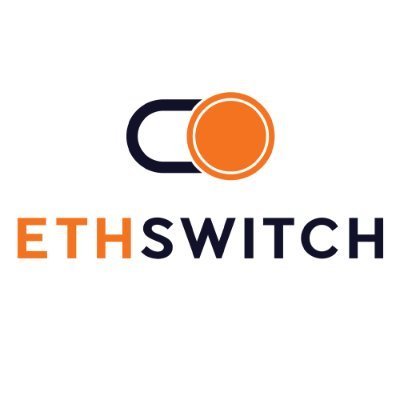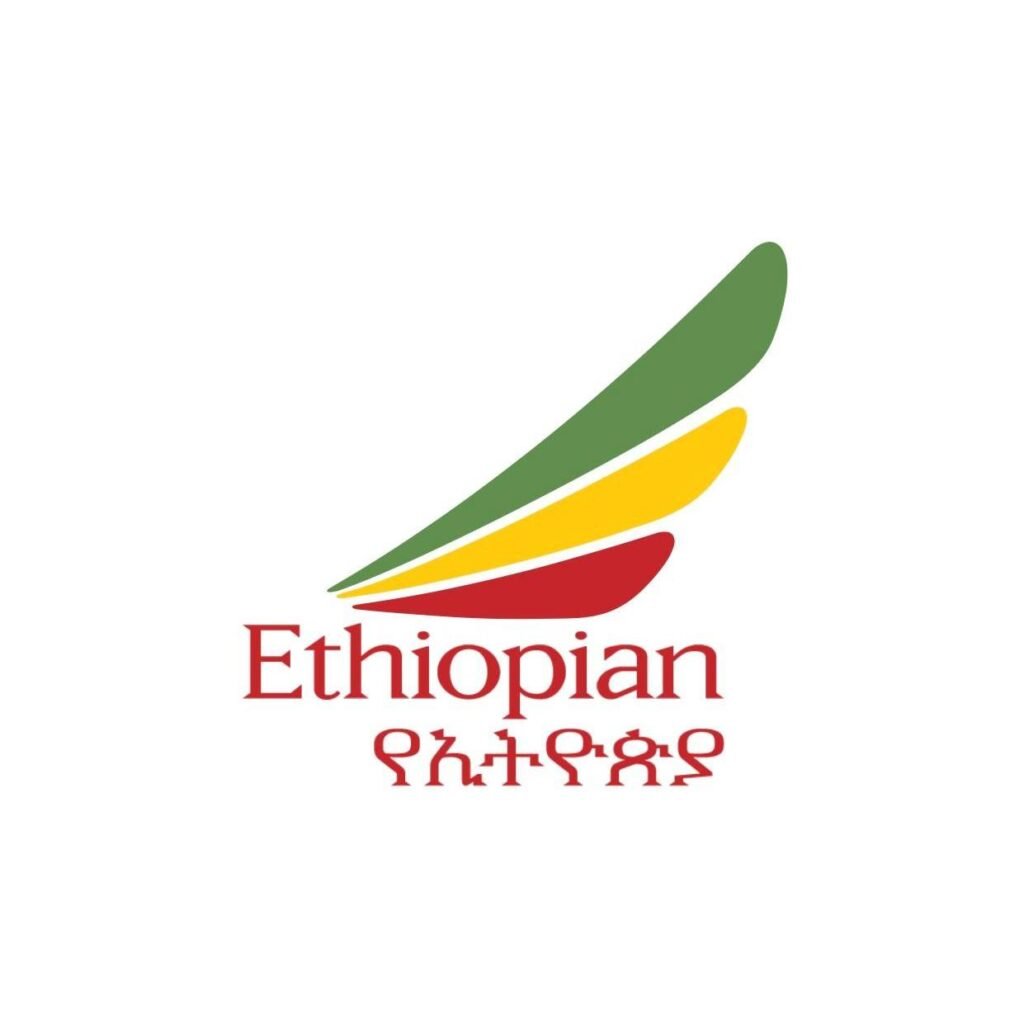AfDB Grants $400,000 to Boost Ethiopia’s New Capital Market
Published; Monday September 22, 2025
Key Takeaways;
- The African Development Bank (AfDB) has signed a grant agreement for $400,000 with Ethiopia’s Capital Market Authority to establish a public disclosure platform and introduce new financial products on the upcoming Ethiopian Securities Exchange.
- This initiative builds on earlier reforms (including a 2021 law establishing Ethiopia’s capital markets) and comes as Ethiopia launches its first stock market in decades, after being one of Africa’s largest economies without a functional exchange.
- The support aims to improve transparency and diversify investment options – introducing ETFs, sukuk (Islamic bonds), and green bonds – to attract investors, mobilize long-term financing, and ultimately fuel Ethiopia’s economic growth
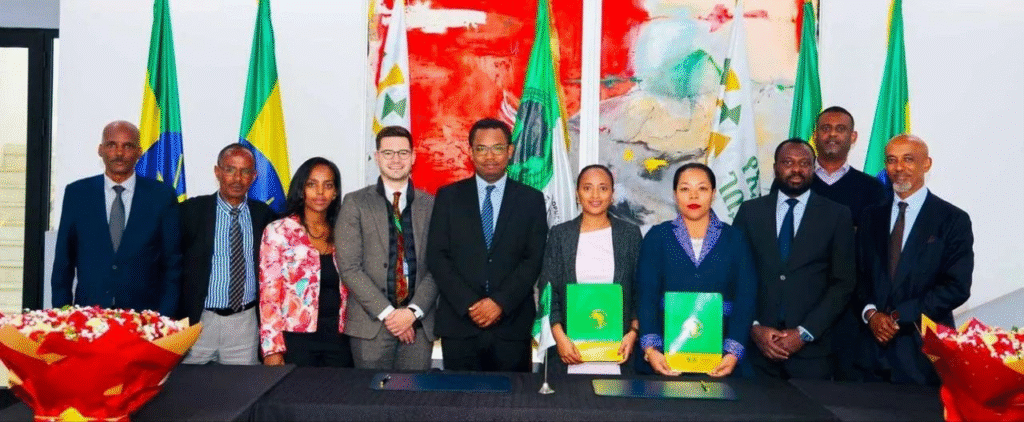
For many years, Ethiopia stood out as a major economy without a stock market. With ~130 million people, it was Africa’s second most populous country and had experienced some of the continent’s fastest growth rates, yet lacked a securities exchange. The only prior exchange – a small share trading market in the 1960s – was shut down in 1974 under a socialist government. This left Ethiopian businesses reliant on banks or state funding, and investors with no public market to trade securities.
This flurry of capital market development reflects Ethiopia’s push to modernize its financial sector and attract investment. By creating a regulated stock exchange, Ethiopia aims to mobilize domestic savings, attract foreign capital, and reduce reliance on bank lending or external debt. Notably, officials see the nascent capital market as a tool for domestic resource mobilization – channeling the funds of citizens and the diaspora into productive investment, rather than depending solely on foreign loans. In the words of ESX’s CEO, the goal is to create “viable channels for domestic resource mobilization,” especially as government budgets grow beyond what banks and pension funds alone can finance
To support Ethiopia’s budding capital market, the African Development Bank Group (AfDB) signed a grant agreement with the Ethiopian Capital Market Authority in September 2025. The grant, worth US$400,000, is provided through the AfDB’s multi-donor Capital Markets Development Trust Fund (CMDTF). (The CMDTF, financed by partners like Luxembourg, the Netherlands, and Sweden, supports capital market capacity-building across Africa, and Ethiopia is the first beneficiary outside West Africa.) This particular project – the Ethiopia Capital Market Development Support Project – builds on the AfDB’s earlier assistance in drafting the 2021 legal framework, and now moves into practical market infrastructure and product development.
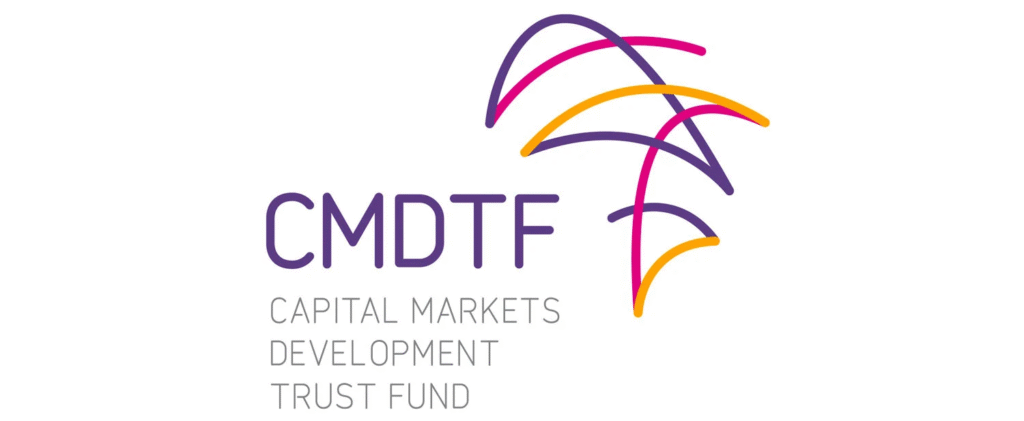
Public Disclosure Platform
A centralized electronic system will allow Ethiopian companies to share timely and accurate information with investors and regulators. This will improve transparency, ensure fair price discovery, and build investor confidence by giving all market participants equal access to data.
Product Diversification
The grant will also support the rollout of new instruments on the Ethiopian Securities Exchange:
- ETFs – Allowing even small investors to gain diversified exposure to Ethiopian assets.
- Sukuk – Shariah-compliant bonds that can attract Middle Eastern and local Muslim investors while financing development projects.
- Green Bonds – Funding climate-friendly projects and tapping into ESG-focused international capital.
Significance
The agreement, signed by ECMA’s Hana Tehelku and AfDB’s Akane Zoukpo Sanankoua, aims to strengthen Ethiopia’s market infrastructure and broaden financing options. For Ethiopia, this means:
- Improved investor trust through reliable disclosure.
- Broader investment choices for local and global investors.
- Greater access to long-term financing for infrastructure and businesses.
- Alignment with the government’s reform agenda for a more open, inclusive economy.
Though modest in size ($400,000), the grant is catalytic: it helps lay the foundation for a vibrant Ethiopian capital market capable of attracting diverse domestic and international investment, fueling growth, and advancing financial inclusion.
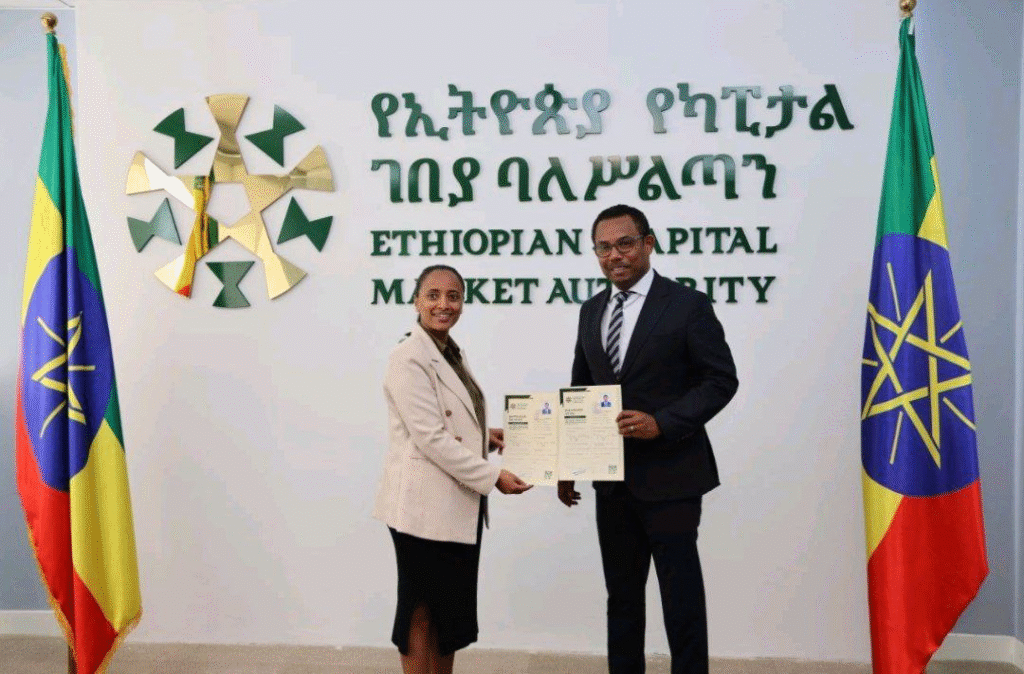
Ethiopia has long struggled with a lack of long-term financing for infrastructure and industry, relying heavily on short-term treasury bills and external borrowing. The launch of a capital market changes this dynamic by allowing the government and private companies to issue longer-term bonds and shares, tapping both local and diaspora investors. This shift reduces dependence on foreign debt, mitigates exchange rate risks, and enables the country to fund major projects—from factories and roads to power plants—using homegrown resources and patient capital. In short, a thriving securities market can provide Ethiopia with more sustainable and self-reliant financing options.
Beyond funding, the capital market is set to stimulate growth and inclusion by giving entrepreneurs and established firms new ways to raise equity and debt. Ordinary citizens can participate as investors, becoming direct stakeholders in Ethiopia’s economic future rather than passive observers. This supports the government’s broader reform agenda of opening the economy, fostering transparency, and encouraging private-sector growth. While challenges remain—such as preparing firms for listing and ensuring macroeconomic stability—the support of partners like the AfDB provides credibility and expertise. With new financial products and stronger disclosure systems in place, the Ethiopian Securities Exchange could emerge as a pillar of the financial sector and a driver of sustainable development.
-Michael D. Hailesilase

